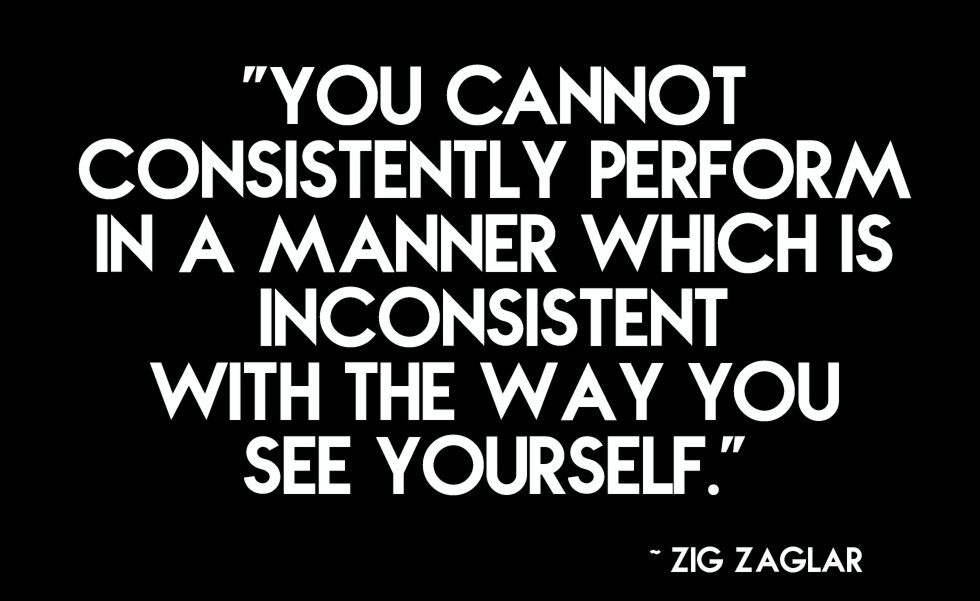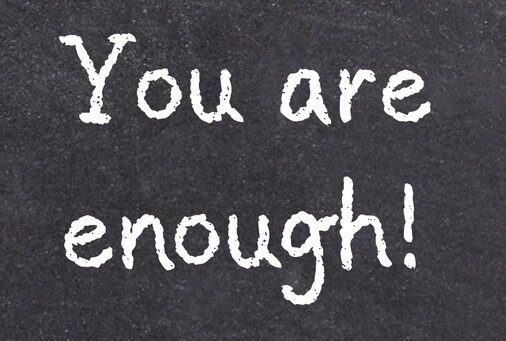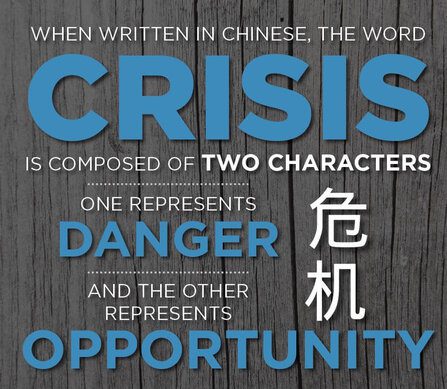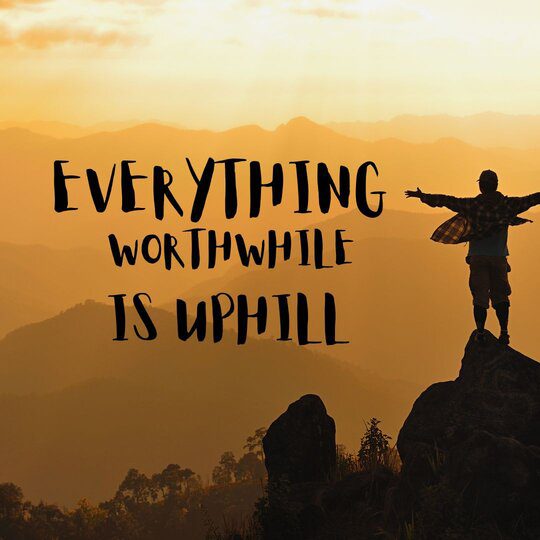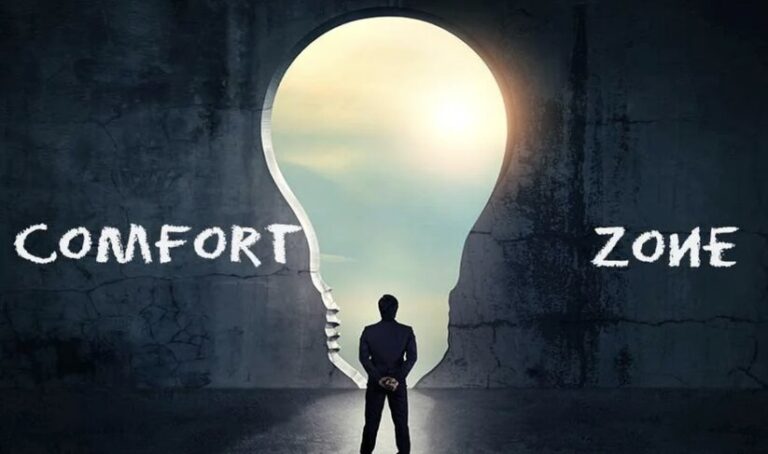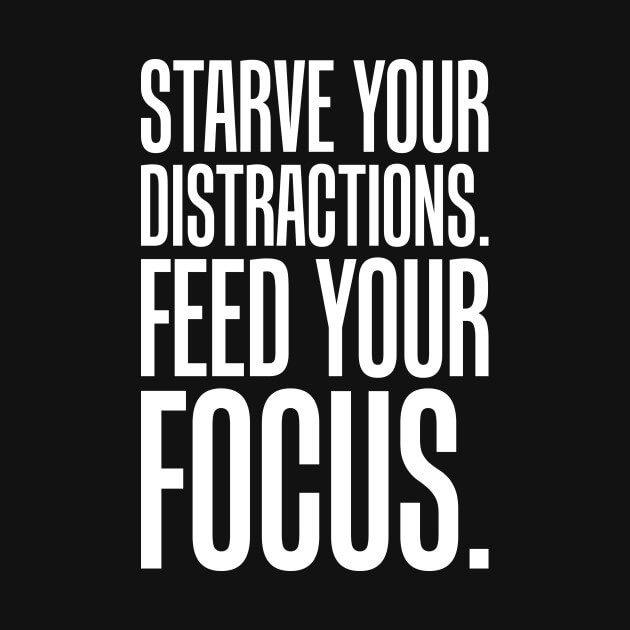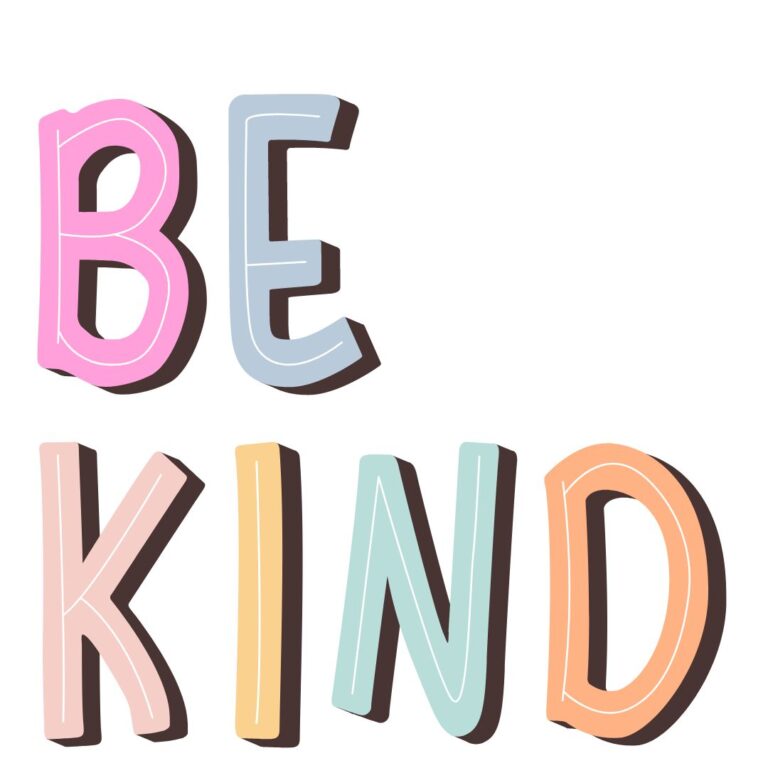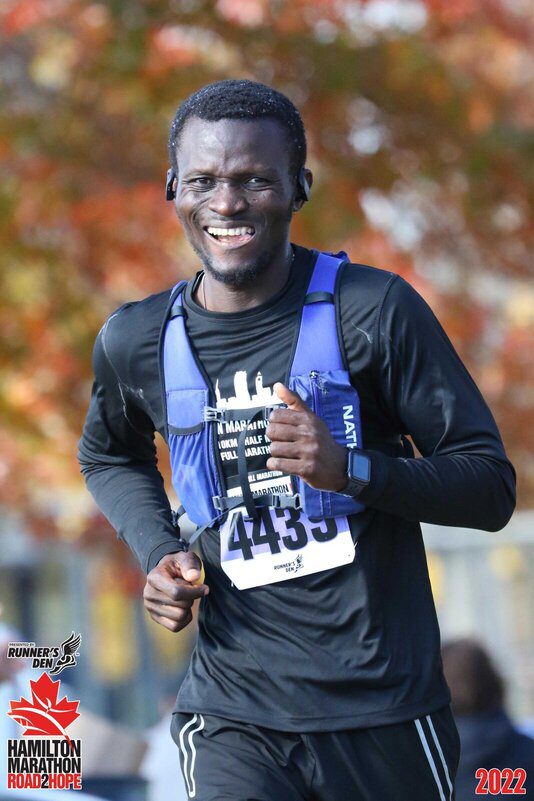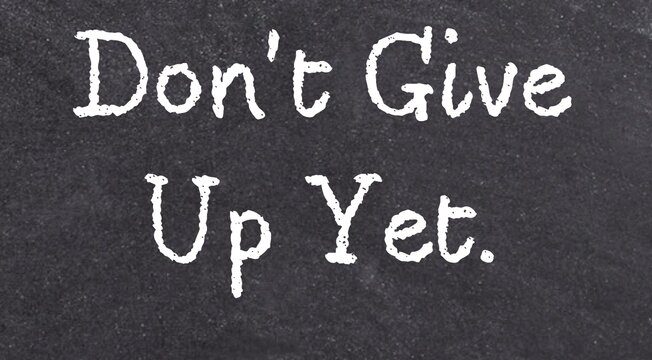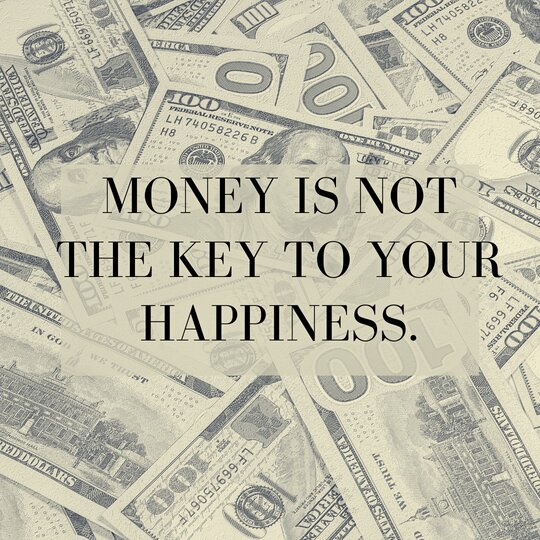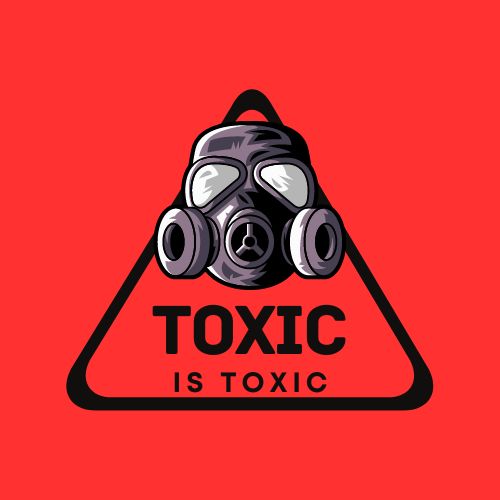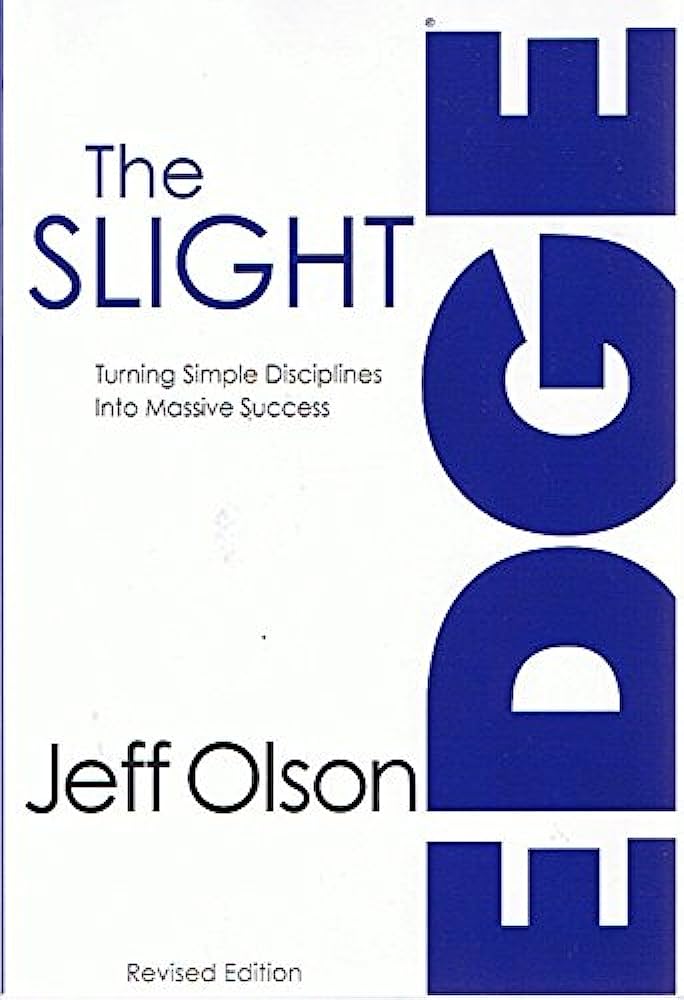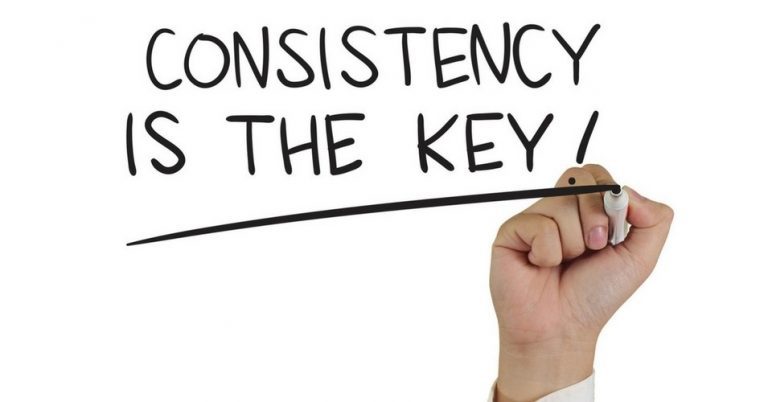It might not seem so right now due to all the challenges, trials and tribulations you are going through. Even though you are not married yet, still expecting to conceive, broke, divorced, laid off, failed the exam multiple times, depressed, sad, and you don’t know how everything will align; you are enough. You are wonderfully made, and you have all that is required to unleash the greatness inherent in you. Most of us are so ugly that the only thing we have is beauty; we are so ignorant that the only thing we have is intelligence, and we are so poor that the only thing we have is riches. Enough is being content with what you have, giving gratitude and being at peace with yourself. Most of us feel getting more riches, status, and material possessions would make us happy, but we eventually find out it does not.
A crisis is a time of intense difficulty, trouble, or danger. The word crisis derives from late Middle English (denoting the turning point of a disease): medical Latin, from Greek krisis ‘decision’, from krinein ‘decide’. The general sense ‘decisive point’ dates from the early 17th century. 1 The Chinese word for “crisis” contains two characters: The first character wēi (危) mean “dangerous” or “precarious”, and the second character jī (机; 機) mean “change point” which is a component of the Chinese word for “opportunity”, jīhuì (机会; 機會). As American talk show host Oprah Winfrey once said “You will be wounded many times in your life. You’ll make mistakes. Some people will call them failures but I have learned that failure is really God’s way of saying, “Excuse me, you’re moving in the wrong direction.” It’s just an experience, just an experience.”
I have learned that failure is really God’s way of saying, “Excuse me, you’re moving in the wrong direction.”
A crisis is an an opportunity for rebirth, a wake-up call
The road to success is not straight. There is a curve called Failure, a loop called Confusion, speed bumps called Friends, red lights called Enemies, caution lights called Family. You will have flat tires called Jobs, but if you have a spare called Determination, an engine called Perserverance, a driver called Will Power, you will make it to a place called Success.
Everything worthwhile is uphill, the climb is steep, the journey is the reward, and success is not guaranteed, but the struggle is. To achieve any goal worth achieving, you must sacrifice, endure, persevere, commit and relentlessly execute. To climb uphill is usually challenging as it requires asserting energy and persisting hence most of us would not attempt the climb. Everything worthwhile in life takes time; overnight success takes approximately ten years or 10,000 hours of relentless execution of your goals. There are three types of people: Those in the game, on the sideline, and those in the stands watching. The climb uphill will require everything in you; you must dig deep inside to reach the summit successfully.
Your “comfort zone” is a psychological, emotional, and behavioural construct. It’s what’s familiar to you and what feels safe—your regular habits and routines. When you’re in your comfort zone, you experience low stress and anxiety levels. In your comfort zone, there’s little to no risk.
Business management theorist Alasdair White made some critical observations on comfort zone in his paper titled “From Comfort Zone to Performance Management.” He commented
The comfort zone is a behavioural state within which a person operates in an anxiety-neutral condition, using a limited set of behaviours to deliver a steady level of performance, usually without a sense of risk.
White defined a zone where we perform at our best and Is often outside our comfort zone. He referred to it as the Optimal Performance Zone. He noted that, provided there is no change in the ‘anxiety’ or skills applied, the level of performance will remain constant. Equally, if there is a change in the ‘anxiety’ or the skills applied, then a change in performance will result – either upwards or downwards.
Since a performance-boosting increase in anxiety is, in performance management terms, a good thing, we can define this state of arousal as being the ‘optimal performance zone’, while we would define a level of anxiety that causes deterioration in performance as being a bad thing or a ‘danger zone’.
Our natural state as humans is homeostasis – the tendency toward a relatively stable equilibrium between interdependent elements, primarily maintained by physiological processes. We tend to move towards the path of least resistance, and we strive to avoid pain and discomfort. In your comfort zone, you do the least required in school, work, gym, association and how you live life. Doing the same thing the same way and expecting a different result is the definition of insanity.
Life is like an onion, the more you peel it the greater your understanding on life. The layers represent you throughout your stages in life so peeling back a layer allows you to see more then as we peel back more layers we can see a greater picture forming ahead of us.
The greatest discovery of my generation is that a human being can alter his life by altering his attitudes. – William James
Locus of Control 1 is a concept develoved by American psychologist Julian Rotter in 1954. It refers to an individual’s perception about the underlying main causes of events in his/her life. Rotter observed that behaviour was largely guided by “reinforcements” (rewards and punishments) and that through contingencies such as rewards and punishments, individuals come to hold beliefs about what causes their actions. These beliefs, in turn, guide what kinds of attitudes and behaviours people adopt. 1 There are two types of Locus of Control:
Wherever there is a human being, there is an opportunity for kindness. – Lucius Annaeus Seneca.
Did you leave a trail of kindness or a scar of discontent? Those were the closing questions in John Hall’s Poem “At Day’s End.” Everyone is going through something you know nothing about – a sickness, divorce, loss, grief, anxiety, worry, financial woes etc. You never know how far your kind words or deeds can go in uplifting someone through a challenging period.
Every morning in Africa, a gazelle wakes up, It knows it must outrun the fastest lion or it will be killed. Every morning in Africa, a lion wakes up. It knows it must run faster than the slowest gazelle, or it will starve. It doesn’t matter whether you’re a lion or a gazelle— when the sun comes up, you’d better be running. – Roger Bannister
I ran my first full marathon in 2013. I had just lost my closest cousin and was looking for a distraction to deal with the grief. I stumbled on an advert in the news about an upcoming Milo Marathon in Accra, Ghana; I participated in the marathon and finished with a time of 6 hours plus. That was how I got hooked on running long distances, and I have since run marathons in the following cities (Accra(3), Cotonou, Lagos(2), Nairobi, Toronto (4), Vancouver, Ottawa(2), Edmonton, Montreal, Hamilton, Fredericton, Halifax, Calgary and Winnipeg). I have since participated in over 20+ 42.2 KM marathons in 14 cities.

Life is a series of challenges, vicissitudes, situations, obstacles, problems and tribulations. Whatever would go wrong would eventually go wrong. The key is not to go wrong when things go wrong. You might have lost your way, a friend, sibling or family member to death, getting divorced, getting fired from your job, or trying to survive the harsh economic weather, everything might look gloomy, and you don’t see the end in sight. Don’t Give Up Yet. Novelist H. G. Wells asked, “What on earth would a man do with himself if something didn’t stand in his way?” French Writer Victor Hugo observed, “Adversity makes men, and prosperity makes monsters.” Austrian American Scientist Albert Einstein quipped, “Adversity introduces a man to himself.”
“Becoming rich does not guarantee happiness. In fact, it is almost certain to impose the opposite condition—if not from the stresses and strains of protecting wealth, then from the guilt that inevitably accompanies its arrival.” – Felix Dennis, How to Get Rich: One of the World’s Greatest Entrepreneurs Shares His Secrets
I used to want to be rich until I found out the real difference between being wealthy and rich. Wealthy people are able to do what they want, when and how they want it – Freedom but most rich people are tied into obligations and responsibilities of trying to amass more riches – they have the money but don’t have the freedom to live life on their terms. Freedom is what we are all looking for but we make choices every day that are either taking us closer or farther from becoming free. Most of us are so poor that the only thing we have is money. Actor and comedian Jim Carrey put it this way: “I think everybody should get rich and famous and do everything they ever dreamed of so they can see that it’s not the answer.”
“I think everybody should get rich and famous and do everything they ever dreamed of so they can see that it’s not the answer.” – Jim Carrey
If you change the way you look at things, the things you look at change. – Wayne Dyer
When asked How am I? I usually reply with “It is the best time to be alive” 9 out of 10 times. I respond with this statement not because I am Pollyanna or I don’t have issues am dealing with; there is always a situation to contend with. Life is a rollercoaster of ups and downs, peaks and valleys, trials and tribulations, but you still have to keep it moving despite all the challenges and vicissitudes of life. It is easy to be optimistic and upbeat when things are going right; the real test is how you would handle the trying times. One needs to stay optimistic despite the challenges of life.
The road to success is not straight. There is a curve called Failure, a loop called confusion, speed bumps called Friends, red light called Enemies, caution lights called Family, You will have flat tires called Jobs, but if you have a spare called Determination, an engine called Perseverance, a driver called willpower, you will make it to a place called Success.
Optimism is an inclination to put the most favourable construction upon actions and events or to anticipate the best possible outcome. Optimism is from French optimisme, from Latin optimum, which means ‘best thing’. It is the ability to see the best in every situation and make the best of the moment. An optimist sees the cup as half full, while a pessimist sees the cup as half empty.
“Optimistic people explain good events to themselves in terms of permanent causes: traits, abilities, always’s. Pessimists name transient causes: moods, effort, sometimes’s.”
American writer James Baldwin once said, “Not everything that is faced can be changed, but nothing can be changed until it is faced.” As the optimist creed states: “Promise yourself: Look at the sunny side of everything and make your optimism come true. Think only of the best, work only for the best, and to expect only the best. Wear a cheerful countenance at all times and give every living creature you meet a smile.”
To be too large for worry, too noble for anger, too strong for fear, and too happy to permit the presence of trouble
“Nobody deserves to be abused. The truth is, it is not your weaknesses that they target—it is your strengths.”
Abuse comes in different forms, such as physical, emotional, verbal, psychological etc. We stay in toxic relationships and affiliations because of the emotional blackmail of the abusers that has stronghold on the abused through Fear, Obligation and Guilt. Sometime abuse can be insidious and hard to spot especially when you are not aware of what it entails. Dr. George K. Simon Ph.D. wrote in his book, In Sheep’s Clothing: Understanding and Dealing with Manipulative People 1:
“It may have short ears and it may have long ears; it may have a lot of hair and it may have no hair at all; it may be brown or it may be gray; but if it’s big and has tusks and a trunk, it’s always an elephant.”
Author Jim Rohn often said, ” The things that are easy to do are also easy not to do. That’s the difference between success and failure, between daydreams and ambitions. Success is nothing more than a few simple disciplines, practiced daily, while failure is simply a few errors in judgment, repeated daily.” I believe Rohn is very right, as the seemingly boring and mundane things in our life that look simple are also the hardest to do. Reading a chapter of a book daily is easy, but it is hard to sit down and read it. Going to the gym for at least 30 minutes a day is easy, but it is hard because we don’t see the result immediately; hence, most of us give up on our fitness goals. It is easy to tell your family and friends you love them, but it is hard to do because you don’t want them to read the meaning of it.
Success is nothing more than a few simple disciplines, practiced every day, while failure is simply a few errors in judgment, repeated every day.
In The Slight Edge: Turning Simple Disciplines into Massive Success and Happiness, authors Jeff Olson and John David Mann write about the simple daily disciplines required for success: They are usually simple but also hard to do.
The simple things that lead to success are all easy to do. But they’re also just as easy not to do.
Life isn’t about waiting for the storm to pass… It’s about learning to dance in the rain. – Vivian Greene
Life is a rollercoaster of ups and downs, failures and successes, trials and tribulations, peaks and valleys. No one has a problem-free life; it is not a matter of if but of when. Adversity introduces a man to himself, your true character shows up during trying times, and you also know who your true friends are during challenging moments. As American Baptist minister and activist Martin Luther King Jr once said, “The ultimate measure of a man is not where he stands in moments of comfort and convenience, but where he stands at times of challenge and controversy.” Anyone can be calm when everything around them is going fine; the real test is when you must deal with life’s vicissitudes.
Not everything that is faced can be changed, but nothing can be changed until it is faced. – James Baldwin
“Success is nothing more than a few simple disciplines, practiced every day; while failure is simply a few errors in judgment, repeated every day. It is the accumulative weight of our disciplines and our judgments that leads us to either fortune or failure. Failure is not a single, cataclysmic event. We do not fail overnight. Failure is the inevitable result of an accumulation of poor thinking and poor choices.” – Jim Rohn
“Good better best never let it rest until good is better and better is best” was my favourite nursery rhyme growing up. The rhyme is an ode to what it takes to be excellent in any endeavour: exercising, running a business or raising a family. Consistency is the key to achieving anything worthwhile, Success is never an accident, and failure is usually not a coincidence. As author, Jim Rohn often said, “Success is nothing more than a few simple disciplines, practiced every day, while failure is simply a few errors in judgment, repeated every day.” Greek philosopher Aristotle also echoed the same sentiment: “We are what we repeatedly do; excellence then is not an act but a habit.
